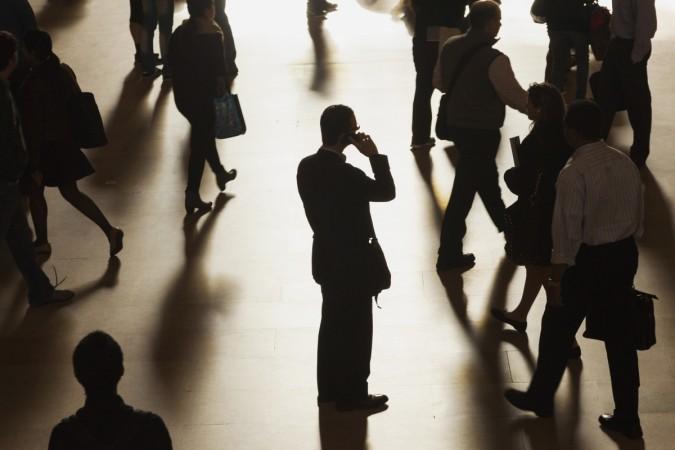
Net neutrality has been a rather touchy subject in India in the recent past. The topic came to light when Facebook wanted to make a portion of the internet available to users in the country for free. Now, the Telecom Regulatory Authority of India (TRAI) wants to know whether it's possible to provide free internet and not enrage net neutrality activists and supporters alike.
TRAI floated a consultation paper to this end on Thurdsay. The paper has sought opinions on three possible models:
- Create a toll-free platform that allows users to browse for free
- A model in which users pay upfront and are subsequently reimbursed
- Applications that give users data or voice recharges for usage
TRAI, through its free internet programme, reportedly wants to allow small entrepreneurs to emerge and to give users more choice when it comes to accessing the intenet, without letting telecom service providers (TSPs) act as gatekeepers. Under the toll-free model, content providers offer their services at no cost to the users, which, according to TRAI, puts TSPs in a passive role.
The Economic Times reported that the first two models were criticised by net neutrality supporters. Critics believe the two models aren't in favour of individuals who would be unable to subsidise their content or afford the upfront payment, respectively. Critics also add that the models would not only be against net neutrality, but would also stifle innovation.
Prasanth Sugathan, counsel at the Software Freedom Law Centre, told ET the toll-free model was similar to the differential pricing regulation TRAI had banned earlier.
Read More: Solar panel breakthrough brings all-time efficiency high
One viable solution to this conundrum could be on the lines of the TV licence fee that is levied by governments on users, which helps fund public broadcasting — a model that helps the U.K. run BBC. A licence fee on high-speed 3G and 4G data could help offset or maybe even cover the costs of providing free internet at lower speeds.
This could basically lead to any person wanting to access the internet doing it for free, but at lower speeds. If they want higher speeds, they would have to pay.
Murali Madhavan, head of telecom solutions at Cognizant, told International Business Times, India, one possible model could be on the lines of internet-ready smart devices carrying a "Free Internet Cess" that would work on the same lines.
He said each user under this model could be allotted a certain amount of free data which could be used to surf a lightweigh or possibly even a text-based version of the internet. The internet thus offered would be the "full internet" and not a subset of it as propounded by Free Basics.
Offering free internet to all could also be on the lines of Finland's basic income experiment, where everybody is entitled to a fixed income irrespective of how rich they are.









